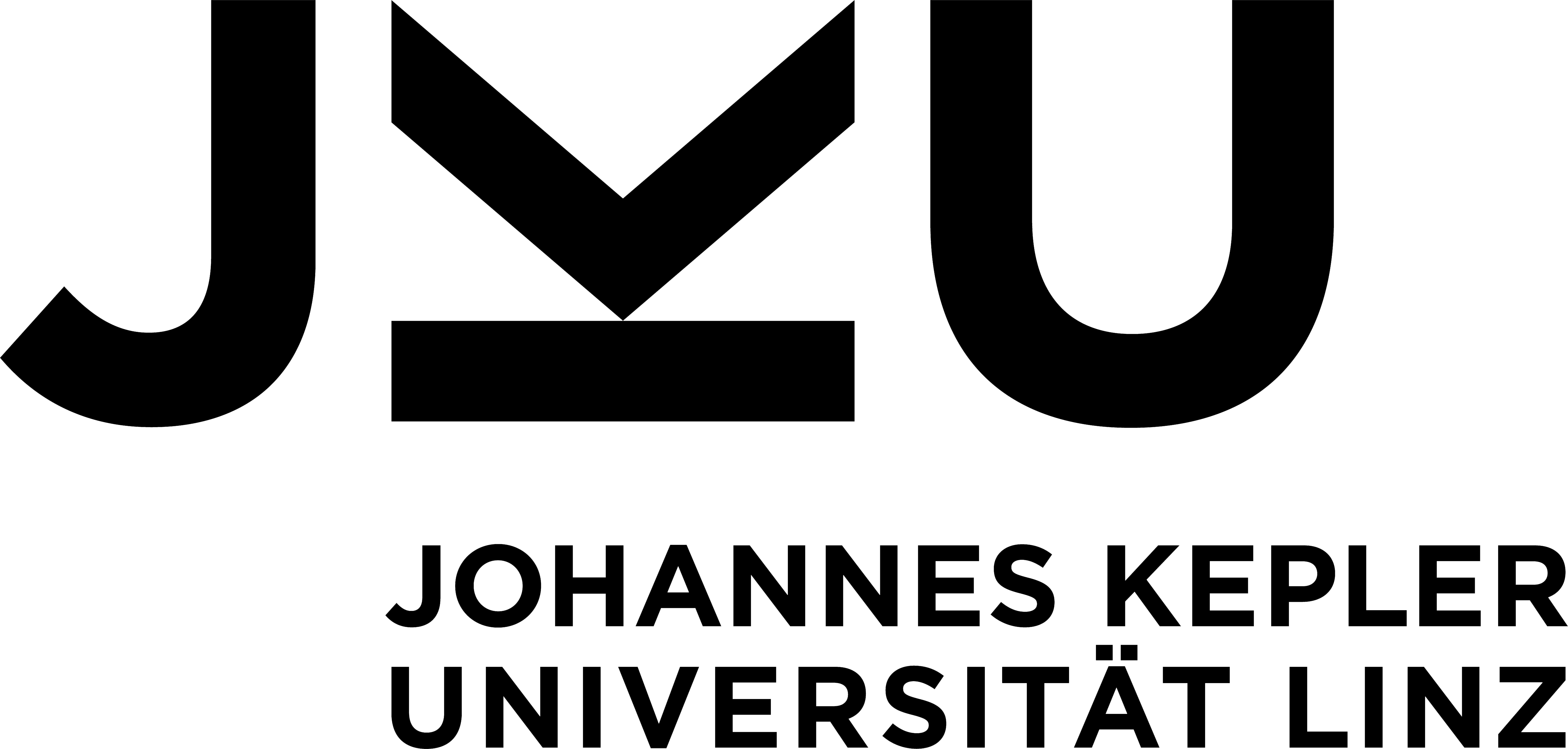Computer Science Colloquium
Dipl.-Ing. Christian Blümm
Trinity College Dublin
Maximizing OFDM Performance Through Real Time Adaptivity ? An FPGA Implementation For Aeronautical Communication
Wed 14.12.2016, 13:15, 60 minutesJKU, Informatikgebäude, (Science Park 3), 522
Abstract
With its elegant mix of simplicity and efficiency, the waveform principle orthogonal frequency division multiplexing (OFDM) became a tremendous success in wireless and wired broadband communication within the past few years. However, its dominance in most related standards nowadays is just a momentary snapshot within a very dynamic technology field. More efficient waveforms will be required in the near future to cope with the ever-increasing demand for data communication for 5G and other future standards. This talk gives insights of an implementation-centric study on how effi-ciency of classical wireless OFDM can be increased through applied pa-rameter flexibility. The study has been carried out at Airbus Group Innova-tions, Germany, for diverse aeronautical projects. The idea is to configure OFDM according to actual channel conditions and requirements rather than designing waveform parameters for the expected worst case, as done for state of the art systems. A software defined radio (SDR) has been implemented entirely on a field programmable gate array (FPGA) platform. This design choice allows for real-time customization of several key parameters for OFDM. Besides this flexibility, real-time adaptivity requires the means to decide on the most beneficial parameter choice. For this reason, novel sensing solutions are introduced: An integrable channel sounder reveals the actual delay spread and Doppler spread, which helps to optimize Cyclic Prefix (CP) and Fast Fourier Transformation (FFT) configurations, respectively. Moreover, dynamic spectrum access (DSA) allows for frequency agility. The outcome of this study is a fully operational end-to-end communication system on a prototype level, which covers network layer, link layer and component layer in both hardware and firmware aspects. Proof of concept and system characterizations have been carried out in simulations, hardware- in-the-loop (HIL) measurements and in case studies. Those case studies include an unmanned aerial vehicle (UAV) communication scenar-io, intra-aircraft-cabin DSA and aircraft-toground flight telemetryBio
Christian Blümm holds a Dipl.-Ing. degree in mechatronics engineering from the University of Erlangen-Nuremberg, Germany. At the same uni-versity, he will graduate in 2016 as Dr.-Ing. with a study, which he was carrying out at Airbus Group Innovations, Munich, Germany.Since 2015, he works as a research scientist at the CONNECT centre for future networks and communications at the Trinity College Dublin, Ireland. His current research interests include digital signal processing for wireless communication, FPGA design and wireless-optical convergence. He is winner of the 2015 DySPAN 5G spectrum sharing challenge and received two best paper awards.Invited by Prof. Dr. Mario Huemer Institute of Signal Processing
The Computer Science Colloquium is organized by the Department of Coputer Science at JKU, the Österreichische Gesellschaft für Informatik (ÖGI) and the Österreichische Computergesellschaft (OCG).
